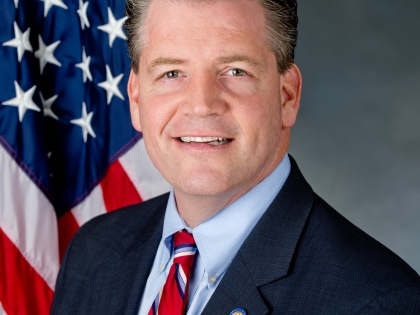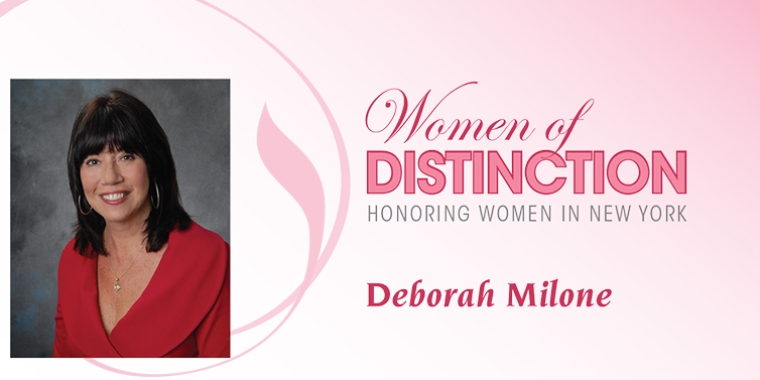
Fast - Track Army Corps Plan For Flood Structures Could Dry Up Hudson, Senator Murphy Warns
June 30, 2018

A dead proposal New York harbor storm-surge barrier, originally proposed by the New York/New Jersey Metropolitan Storm Surge Working Group, is being resurrected by the U.S. Army Corps of Engineers as one of the alternatives in their ongoing "New York and New Jersey Harbor and Tributaries Focus Area Feasibility Study" whose findings are being presented a series of public meetings that were just announced.
SLEEPY HOLLOW, NY - If the 2018 storm season has made anything clear, it is that the lessons learned six years ago from Hurricane Sandy are yet to be implemented. The U.S. Army Corps of Engineers (USACE) is now considering six different plans that include massive offshore barriers, land-based floodwalls and a levee system which could permanently change the Hudson River and threaten its very existence.
While some might view it as a positive step that USACE is conducting the coastal storm risk management study for the New York harbor and its tributaries including the Hudson, Senator Terrence Murphy is concerned that major decisions about the study's outcomes are being fast-tracked with little to no public input. "We've had six years to do something about coastal flooding and storm surge, and now with just twelve days' notice, there will be public meetings on a plan that could forever change the ecology, view lines and navigability of our river, and not a single one in Westchester-Rockland, the ecological heart of the estuary," he said.
"The public needs to be involved and be present at these meetings, because our Hudson River comes above all else," Senator Murphy said. "This is putting the storm before the calm and is bigger than the ill-conceived proposal to turn the river into a parking lot for oil barges. What's worse, not a single one of these meetings will be held in Westchester County, which could be most affected by the decision to implement one of more of these alternatives."
USACE will be holding a series of public meetings that were just announced to examine the alternatives. The meeting dates and locations are as follows:
- Monday, July 9, 3-5 p.m., NYC: Borough of Manhattan Community Center in Tribeca, enter at 199 Chambers St, New York, NY 10007, between Greenwich St. and the West Side Highway. The session is in the Conference Room-Richard Harris Terrace, on the main floor.
- Monday, July 9, 6-8 p.m., NYC: (duplicate session) at the Borough of Manhattan Community Center in Tribeca, enter at 199 Chambers St., Manhattan, between Greenwich St. and the West Side Highway. The session is in the Conference Room-Richard Harris Terrace, on the main floor.
- Tuesday, July 10, 3-5 p.m., Newark: Rutgers University-Newark Campus, Paul Robeson Campus Center, 2nd floor, Essex Room. Entrance is at 350 Martin Luther King Jr. Boulevard, Newark, N.J.
- Tuesday, July 10, 6-8 p.m., Newark: (duplicate session) at Rutgers University-Newark Campus, Paul Robeson Campus Center, 2nd floor, Essex Room. Entrance is at 350 Martin Luther King Jr. Boulevard, Newark, N.J.
- Wednesday, July 11, 6-8 p.m., Poughkeepsie: Hudson Valley Community Center (Auditorium room), 110 Grand Avenue, Poughkeepsie, N.Y.
The USACE study was executed with the States of New York and New Jersey, represented by the New York State Department of Environmental Conservation and the New Jersey Department of Environmental Protection, on July 15, 2016. Several other agency stakeholders, including New York City, partnered with the study. The next phase of the $19.4 million study involves examining six measures, including taking no action, which warrant further investigation to better manage coastal flood risks that remain in the region. A full range of risk reduction measures are going to be offered to communities and include structural, nonstructural, and natural and nature-based features designed to reduce the frequency and intensity of flooding such as floodwalls, levees, beach fill, dunes, and offshore bars.
"We know that intense storms are becoming more and more frequent and something must be done, but let's put in the time and thought and have the public comment needed to make informed decisions," Senator Murphy said. "I am calling on USACE and the State Department of Environmental Conservation to hit the brakes, schedule a meeting in Westchester, and make sure the public is guiding the discussion before they make any rash decisions that will have permanent effects."
Share this Article or Press Release
Newsroom
Go to Newsroom
Deborah Milone
April 27, 2018


